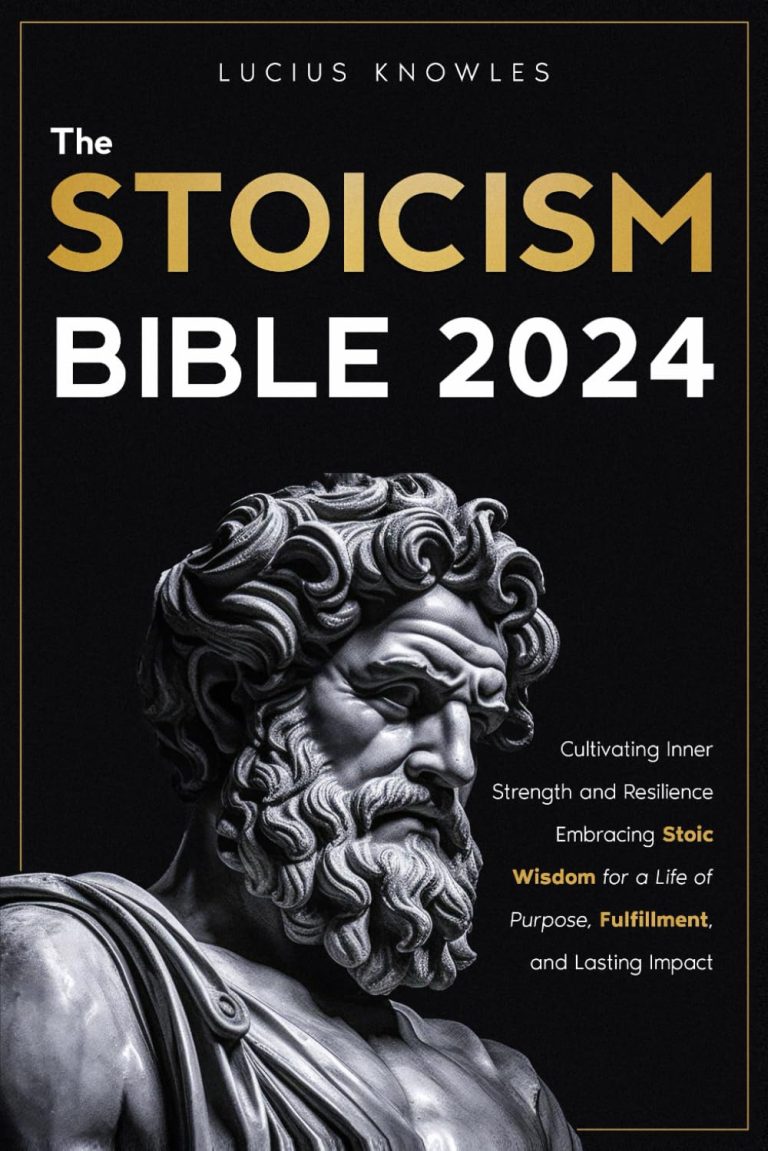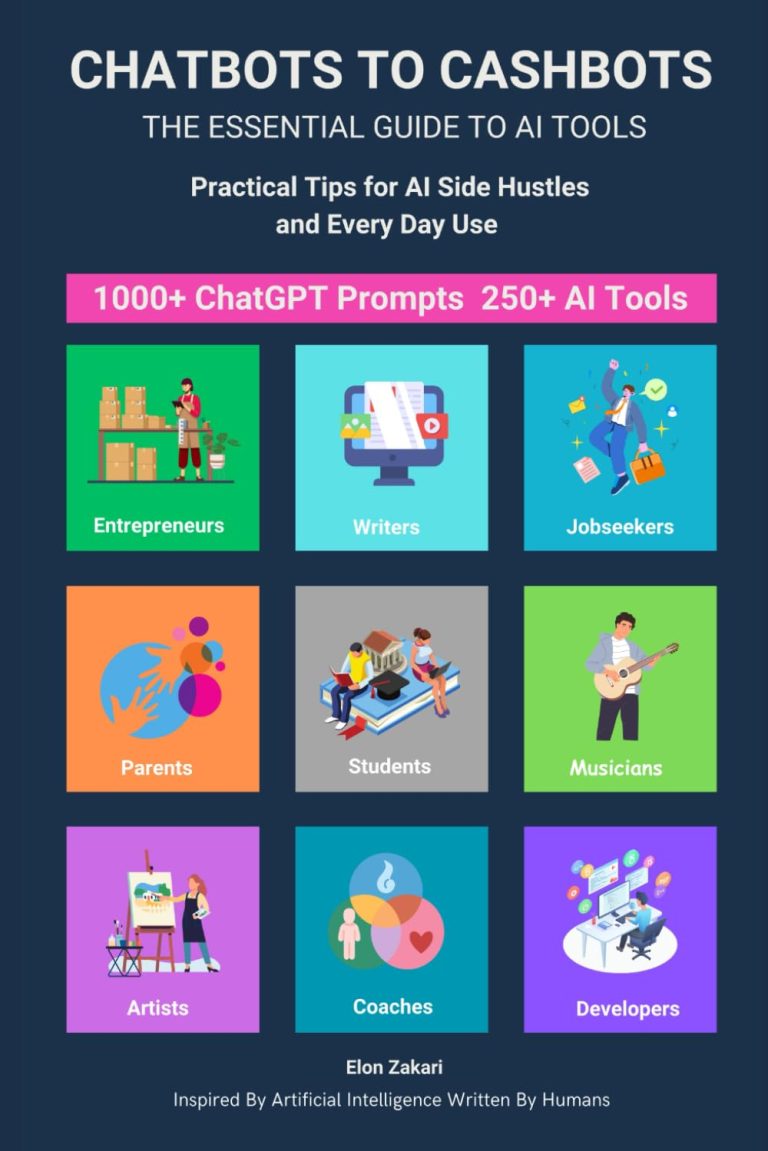
Now loading...
Researchers announced on Wednesday the development of an artificial intelligence model capable of predicting medical diagnoses several years in advance, using technology similar to that which powers popular consumer chatbots such as ChatGPT. The Delphi-2M AI can forecast the likelihood of over 1,000 different diseases based on a patient’s medical history, according to a study published in the journal Nature by a collaborative team from institutions in the UK, Denmark, Germany, and Switzerland.
The researchers harnessed data from the UK Biobank, a massive biomedical resource encompassing health information from approximately 500,000 individuals, to train their model. The technology employs neural networks structured on the transformer architecture, which is also the foundation for several language processing applications, including ChatGPT. German Cancer Research Center expert Moritz Gerstung explained that the analysis of medical diagnoses resembles grammatical learning in language. The AI learns from healthcare data to recognize patterns concerning the timing and combination of prior diagnoses, facilitating accurate and significant health predictions.
Gerstung showcased data indicating that Delphi-2M could effectively identify individuals at a significantly greater or lesser risk of experiencing a heart attack than standard predictive models based solely on age and other common factors. The team’s evaluation of the model’s efficacy involved testing it against health data from nearly two million individuals in Denmark’s public health database.
Despite the promising results, Gerstung and his colleagues noted that Delphi-2M requires further validation before it can be applied in clinical settings. Health technology researcher Peter Bannister, affiliated with the Institution of Engineering and Technology in the UK, expressed caution, highlighting biases in the datasets used, including age, ethnicity, and current health outcomes.
Looking ahead, Gerstung believes that tools like Delphi-2M could pave the way for improved patient monitoring and earlier clinical interventions, ultimately contributing to a preventative approach to healthcare. Tom Fitzgerald, a co-author from the European Molecular Biology Laboratory, added that such AI systems could aid in the more efficient allocation of resources within an increasingly strained healthcare system.
Currently, healthcare providers in various countries employ digital tools to estimate disease risks, such as the QRISK3 model used by British family doctors to evaluate the likelihood of heart attack or stroke. In contrast, Delphi-2M is designed to provide comprehensive assessments across numerous diseases over an extended timeframe, according to co-author Ewan Birney.
Gustavo Sudre, a professor at King’s College London who specializes in medical AI, described the study as a substantial advancement towards creating predictive models that are scalable, interpretable, and ethically grounded. The pursuit of “explainable” AI remains a primary focus in the field, as understanding the workings behind many sophisticated AI models poses a challenge even for their developers.


